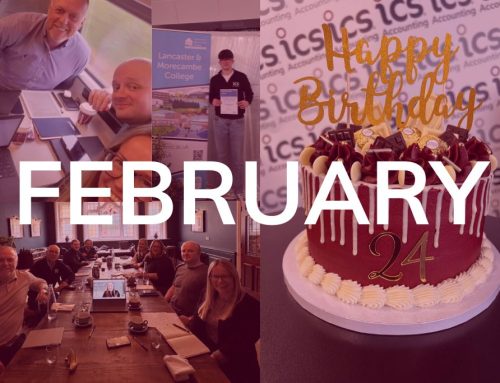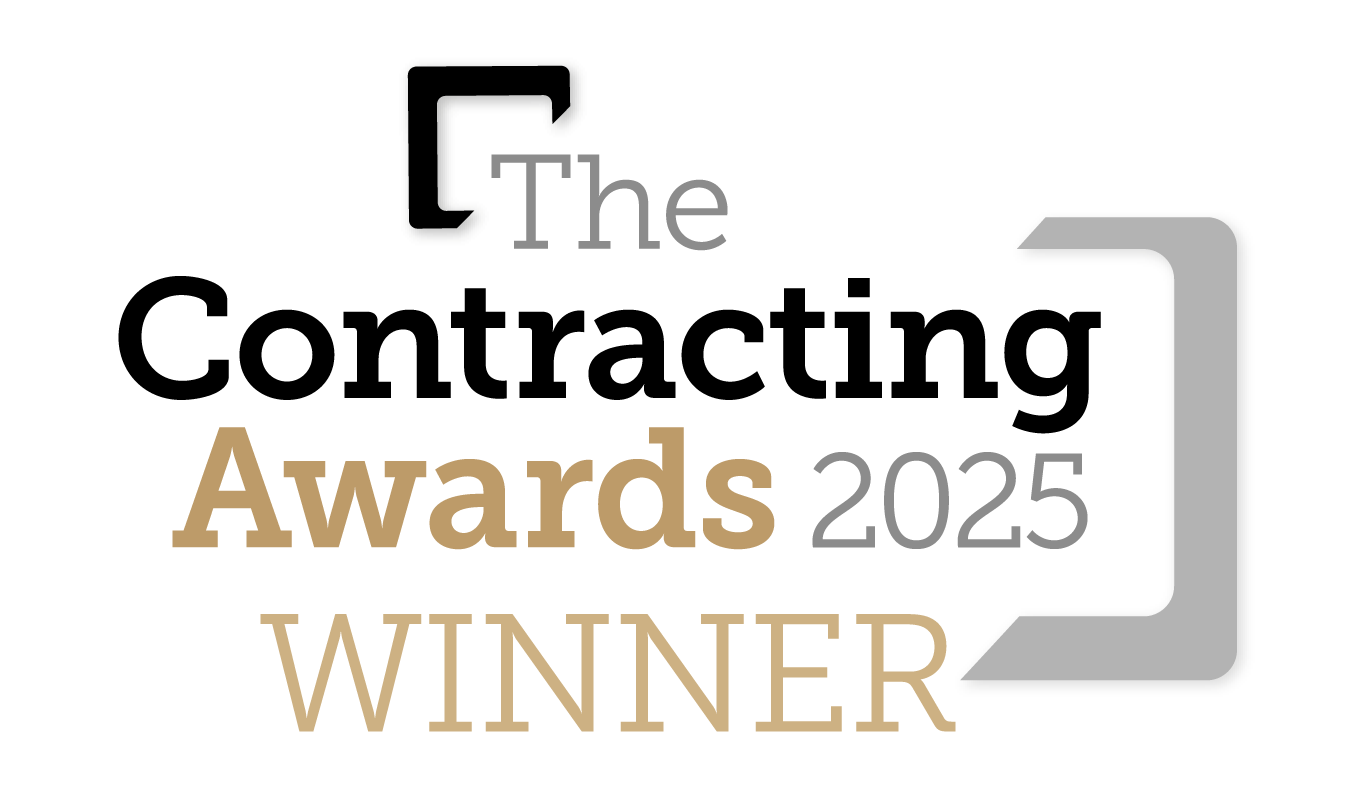More and more people across a range of industries are making the jump to work on a contract basis. The benefits are obvious – in fact they’re often the primary reason to consider a move – but some of the drawbacks can come as a surprise when starting out as a contractor.
Here are a few points that will be much less trouble if you’ve thought about them before they come up:
Misclassification
Talk to long-term contractors for any length of time and you’re going to hear “IR35” sooner rather than later. If your contract role closely resembles a permanent employee position you will fall under IR35, and this immediately changes your position with regard to tax and National Insurance obligations. In turn, that means that the contractor rate agreed may not result in the real-terms return you wanted or planned for. This can be a real problem, especially when combined with:
Finding New Contracts
Whenever a contract comes to an end and is not renewed, new work needs to be found – and the chances are good that networking isn’t what you do for a living! So that’s a whole extra skill to be developed, and if you don’t enjoy working closely with recruiters you’ll also need to build up your own negotiation skills too. On top of that, this can mean downtime between contracts.
This is your free time, but it’s hard to treat it as a holiday until and unless you know when your next payment will be coming in.
Payment Delays & Disputes
In an ideal world obviously contractors will be paid on time every time, exactly as their contract specifies. In practice there are times when this doesn’t happen. Many contractors use an umbrella solution as a way to deal with this – they have the confidence of being paid reliably, and they have support resolving payment disputes. Like using a recruiter to negotiate, it frees up your time to concentrate on where your skills lie.
Starting Work Without a Contract
Especially early in your contracting career it’s easy to miss the importance of this. Your new opportunity requires a quick start, and either you’re enthusiastic to start right away or you fear the opportunity may be gone if you slow things down, so you just jump in. But no contract is in place.
Again, in an ideal world employers would all be as good as their word. In practice, some employers will take the opportunity here to get something for nothing, or to negotiate a lower rate once you’re on the hook.
Not only do we not recommend this, we’d like to emphasise how important it is that you get a written agreement in place so you can refer to it whenever you’re unsure about a contractual question. Read it through before you sign – make sure it covers any question you could reasonably expect to encounter.
Keeping Your Skills Current
As we’re sure you’ll already know, there’s more to your professional skillset than just the ability to handle your everyday tasks.
Keeping up to date with regulations, making sure you understand any new requirements, following developments in the industry and the technology available that may change how things are done – as a salaried employee, these are all either handled for you or they’re part of your managed personal development.
Once you start contracting, you’ll need to handle this for yourself. That means blocking out time, putting in the effort, keeping an eye out for opportunities. Depending on your industry it may also involve registering for courses and sitting official exams.
Contracting can be a fulfilling and exciting way to work, but as we’ve shown, it is not without challenges. The more specialist help you have on your side, the easier many of these are to handle – so if you’re planning to give it a go, why not call us and we’ll help you prepare.



















